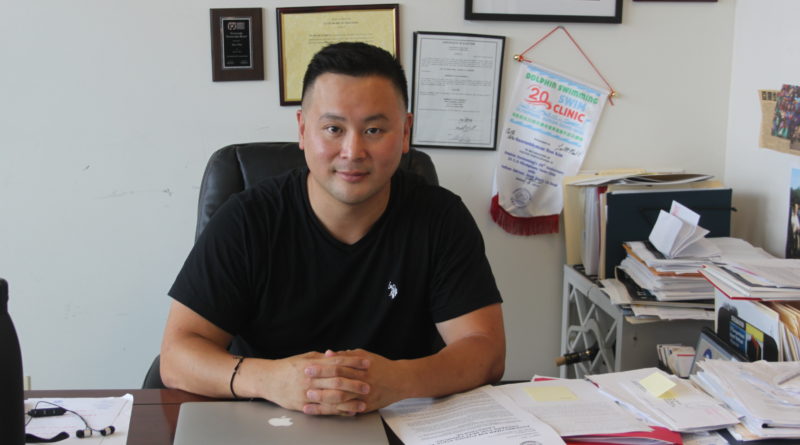Community Currency: Kim’s Innovative Plan
BY BENJAMIN FANG
When the Great Recession struck in 2008, the national and world economy went crashing down. Homes were foreclosed, people lost their savings and unemployment soared.
But in Flushing, the local economy not only survived, but showed signs of growth.
Some credited the neighborhood’s ability to withstand the financial crisis to the work ethic of hardworking immigrants, but one local lawmaker doesn’t buy that stereotype. He instead pointed to another significant factor.
“When you peel the layers away, it’s because we have a community that traditionally never really relied on conventional currency systems to begin with,” said Assemblyman Ron Kim. “We have a very robust and strong peer-to-peer system and lending circles, and all of this existed in our community. When things are going bad up here, we’re still able to borrow money from our peers that we have on the ground.”
According to Kim, communities that typically have access to conventional institutions like global banks are vulnerable when the world economy tanks.
However, in a place like Flushing, which didn’t have the same kind of access, communities have to create their own local system.
That concept led Kim to propose legislation in Albany to create an Office of Financial Resiliency. Learning from the pitfalls of the 2008 crash, the Flushing legislator wants a state office to help neighborhoods throughout New York create cooperative and peer-to-peer economies, and even come up with their own local currencies.
He believes these mechanism will help neighborhoods survive when the next financial crisis is upon us.
By Kim’s count, there are already more than 4,000 community currencies around the world. The idea has been in practice in the Berkshires of western Massachusetts, in Ithaca and as close as the Hudson Valley.
The whole point of these local currencies, Kim said, is to keep money circulating within neighborhoods. With the influx of big box stores and sharing-economy apps like Uber, Lyft and Airbnb, money is being “extracted” out of local neighborhoods and into corporate companies.
But with a community currency, not only would money stay in the neighborhood, which would boost the local economy, but there would be incentives for customers to participate.




